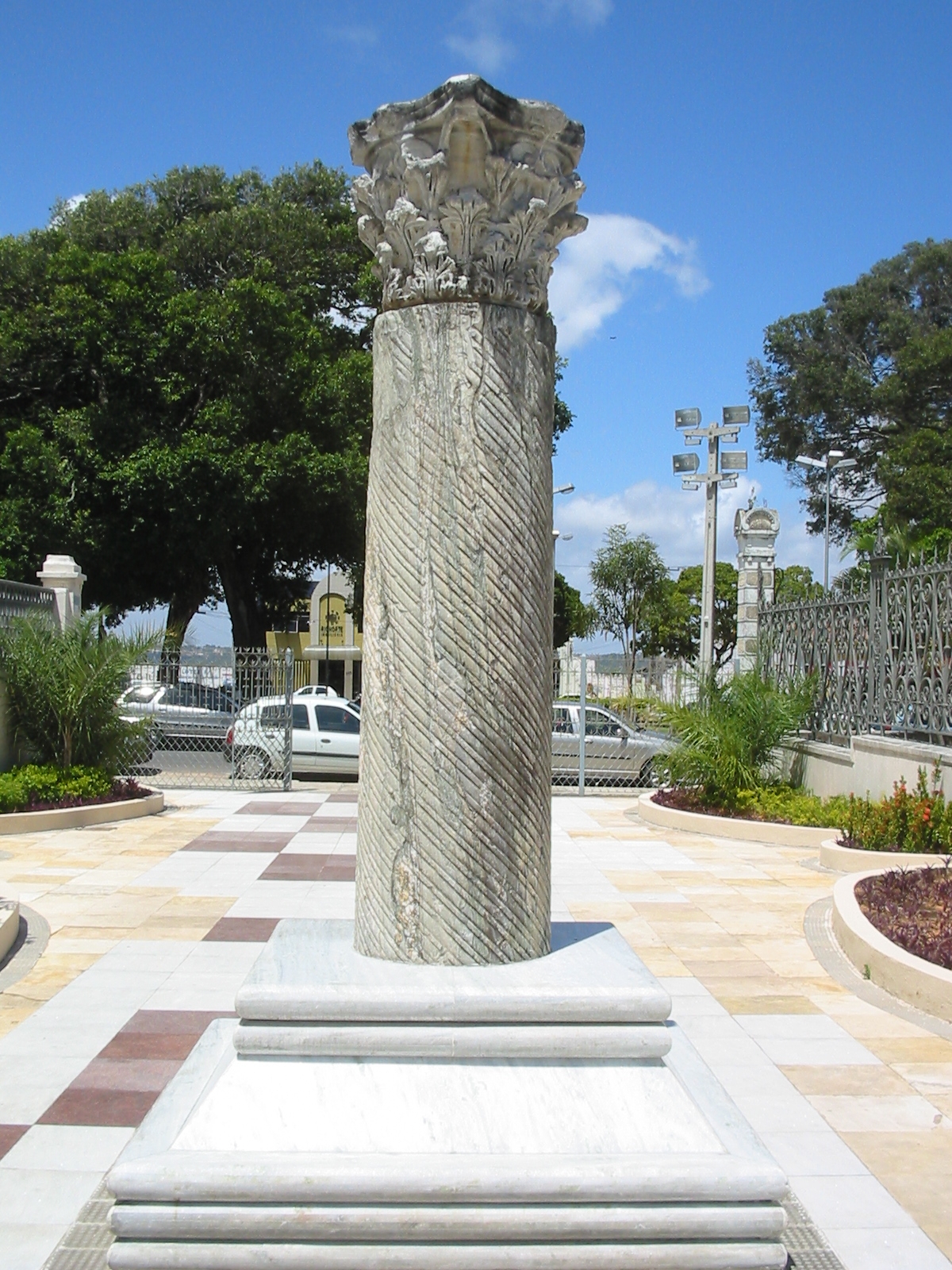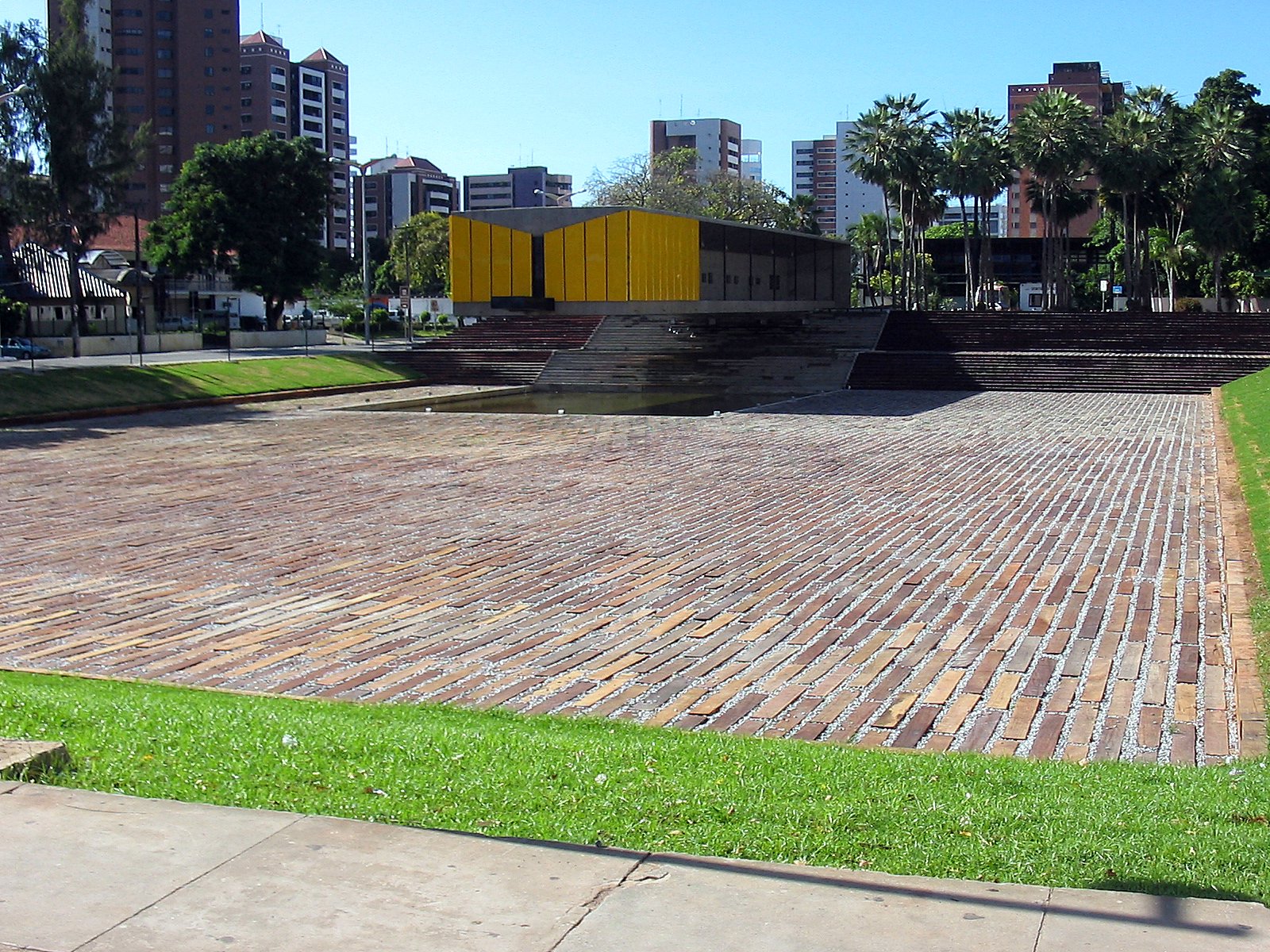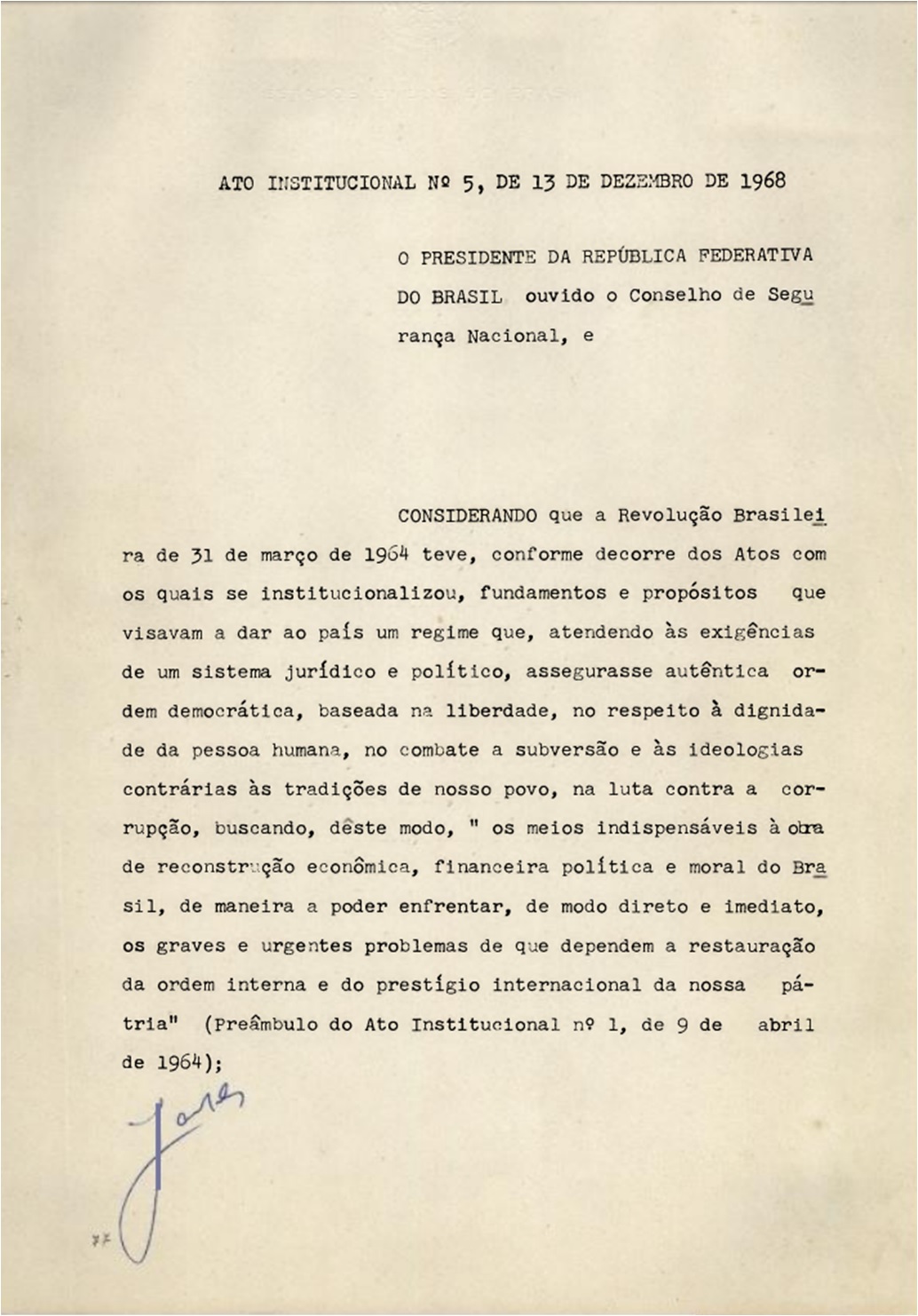|
Agnelo Alves
Agnelo Alves (16 July 1932 – 21 June 2015) was a Brazilian journalist and politician. He was both the mayor of the cities of Natal and Parnamirim at various points. He was also a senator from and state deputy in the state of Rio Grande do Norte. His son is Carlos Eduardo Alves, who would also later become the mayor of Natal. Biography Alves, the son of Manoel Alves Filho and Maria Fernandes Alves, was born on 16 July 1932 in the city of Ceará-Mirim. He was afflicted with pulmonary sicknesses in his infancy. In his later youth, he became a part of the newspaper Tribuna do Norte, initially collaborating as a journalist before becoming a professional in the area. In 1955, he began his public career as the Chief of the Cabinet of Dr. Reginaldo Fernandes at the National Tuberculosis Service in Rio de Janeiro. During his stay in the city, he worked at various periodicals such as Tribuna da Imprensa, Diário Carioca, Jornal do Brasil, and Diário de Pernambuco. On returning to ... [...More Info...] [...Related Items...] OR: [Wikipedia] [Google] [Baidu] |
Rio Grande Do Norte
Rio Grande do Norte (, , ) is one of the states of Brazil. It is located in the northeastern region of the country, forming the northeasternmost tip of the South American continent. The name literally translates as "Great Northern River", referring to the mouth of the Potengi River. The capital and largest city is Natal. The state has 410 km (254 mi) of sandy beaches and contains Rocas Atoll, the only atoll the Atlantic Ocean. The main economic activity is tourism, followed by the extraction of petroleum (the second largest producer in the country), agriculture, fruit growing and extraction of minerals, including considerable production of seasalt, among other economic activities. The state is home to 1.7% of the Brazilian population and produces 1% of the country's GDP. In 2000-17 the murder rate rose by 655%, making Rio Grande do Norte the state with the highest murder rate in Brazil: 63.9 per 100,000. Tourist attractions in the state include the Cashew of ... [...More Info...] [...Related Items...] OR: [Wikipedia] [Google] [Baidu] |
Jornal Do Brasil
''Jornal do Brasil'', widely known as ''JB'', is a daily newspaper published by Editora JB in Rio de Janeiro, Brazil. The paper was founded in 1891 and is the third oldest extant Brazilian paper, after the '' Diário de Pernambuco'' and ''O Estado de S. Paulo''. On 31 August 2010 it became a digital newspaper, folding its print edition until 25 February 2018, when it was printed again. History It is often believed that the newspaper was founded by former supporters of the deposed monarchy and sported conservative views in its early decades. However at the time, the monarchy was leading the fight for the end of slavery so can be considered liberal for the period. Many important Brazilian writers and journalists eventually worked for ''Jornal do Brasil'', especially after the 1964 coup d'état. ''Jornal do Brasil'' was an important opponent for challenging censorship although it never was radically against the dictatorship and its editors did not follow a rebellious line against t ... [...More Info...] [...Related Items...] OR: [Wikipedia] [Google] [Baidu] |
José Sarney
José Sarney de Araújo Costa (; born José Ribamar Ferreira de Araújo Costa; 24 April 1930) is a Brazilian politician, lawyer, and writer who served as 31st president of Brazil from 1985 to 1990. He briefly served as the 20th vice president of Brazil for a month between April and May 1985. Sarney was a member of the Chamber of Deputies from 1955 until 1966 and of the Senate from 1971 until 1985. He was also the Governor of Maranhão from 1966 until 1970. During the Brazilian military dictatorship, Sarney affiliated himself with the government party, ARENA, becoming the president of the party in 1979. Sarney joined the dissenters, and was instrumental in the creation of the Liberal Front Party. Sarney ran for Vice-President on the ticket of Tancredo Neves of PMDB, formerly the opposition party to the military government. Neves won the presidential election, but fell ill and died before taking office, and Sarney became President. He started out his term with great populari ... [...More Info...] [...Related Items...] OR: [Wikipedia] [Google] [Baidu] |
Tancredo Neves
Tancredo de Almeida Neves () (4 March 1910 – 21 April 1985) was a Brazilian politician, lawyer, and entrepreneur. He served as Minister of Justice and Interior Affairs from 1953 to 1954, Prime Minister from 1961 to 1962, Minister of Finance in 1962, and as Governor of Minas Gerais from 1983 to 1984. He was elected President of Brazil in 1985, but died before taking office. He began his political career with the Progressistas (PP) of Minas Gerais, for whom he served as city councilman of São João del Rei from 1935 to 1937. He received the majority of votes and became President of the Municipal Legislature. He was elected state representative (1947–1950) and congressman (1951–1953) as a member of the Social Democratic Party (PSD). He took office in June 1953, acting as Minister of Justice and Minister of Internal Affairs until the suicide of President Getúlio Vargas. In 1954 Neves was elected congressman and served for one year. From 1956 to 1958 he was director ... [...More Info...] [...Related Items...] OR: [Wikipedia] [Google] [Baidu] |
Dante De Oliveira Constitutional Amendment Bill
The Constitutional Amendment Bill no. 5, of 1983 (), commonly known as Dante de Oliveira Amendment, introduced by then federal deputy Dante de Oliveira, aimed ro reinstate direct elections for President of Brazil, by changing Articles 74 and 148 of the 1967 Brazilian Constitution, once the democratic tradition had been interrupted by the military dictatorship. History The enormous popular pressure for the approval of the bill became one of the largest social-political movements of Brazil's history and was named ''Diretas Já''. According to an IBOPE poll, 84% of the Brazilian people was favorable for the approval of the bill. Besides the popular support, the bill was rejected by the Chamber of Deputies on 25 April 1984. Because it is a constitutional amendment, a two thirds majority (320 deputies) was necessary for the approval. With the amendment rejection, the 1985 presidential election was indirect. However, internal talks of the opposition to the military regime, specially i ... [...More Info...] [...Related Items...] OR: [Wikipedia] [Google] [Baidu] |
Diretas Já
Diretas Já (, ''Direct (Elections) Now'') was a civil unrest movement which, in 1984, demanded direct presidential elections in Brazil. Participants of the movement The movement brought together diverse elements of Brazilian society. Participants came from a broad spectrum of political parties, trade unions, civil, student and journalistic leaderships. Politicians involved included Ulysses Guimarães, Tancredo Neves, André Franco Montoro, Fernando Henrique Cardoso, Mário Covas, Teotônio Vilela, Dante de Oliveira, José Serra, Luiz Inácio Lula da Silva, Eduardo Suplicy and Leonel Brizola among others. Besides politicians, the movement also included artists such as Milton Nascimento, Fernanda Montenegro, Gilberto Gil, Bruna Lombardi, Fafá de Belém, and Chico Buarque de Holanda. Journalists such as Henfil, Osmar Santos and Eliel Ramos Maurício covered the assemblies for periodicals '' Diário de Sorocaba'' and '' Folha de Itapetininga''. Football team Corinthians, alre ... [...More Info...] [...Related Items...] OR: [Wikipedia] [Google] [Baidu] |
Machadão
Estádio Dr. João Cláudio Vasconcelos Machado, usually known as Machadão, was a multi-purpose stadium in the Brazilian city of Natal, Rio Grande do Norte. It was mostly used for football matches. Estádio Machadão was owned by the Natal City Hall. The stadium was named after João Cláudio Vasconcelos Machado, who was the president of the Rio Grande do Norte Football Federation and a sports broadcaster. Estádio Machadão (along with the Ginasio do Machadindo) was demolished at the end of 2011 to make room for the construction of the Arena das Dunas for the 2014 FIFA World Cup. Capacity The stadium had an initial maximum capacity of 55,000 people. This was reduced to 51,000 for security reasons, then to 42,000, when renovated in 2007. History In 1972, the works on Machadão were completed. The inaugural match was played on July 4 of that year, when ABC beat América de Natal 1–0. The first goal of the stadium was scored by ABC's Willian. The stadium's attendance record ... [...More Info...] [...Related Items...] OR: [Wikipedia] [Google] [Baidu] |
Humberto De Alencar Castelo Branco
Marshal Humberto de Alencar Castelo Branco () (September 20, 1897 – July 18, 1967) was a Brazilian military leader and politician. He served as the first president of the Brazilian military dictatorship after the 1964 military coup d'etat. Castelo Branco was killed in an aircraft collision in July 1967, soon after the end of his presidency. Family background Castelo Branco was born in a wealthy Northeastern Brazilian family having roots in Coura (Paredes de Coura), Portugal. His father, Cândido Borges Castelo Branco, was a general. His mother, Antonieta Alencar Castelo Branco, came from a family of intellectuals (which included the writer José de Alencar). He was married to Argentina Vianna, and had two children, Nieta and Paulo. Military career Castelo Branco joined the Brazilian Army at Rio Pardo Military School in Rio Grande do Sul. In 1918, he joined the Military School of Realengo in Rio de Janeiro, as an Infantry cadet, and was declared second lieutenant in 1921, ... [...More Info...] [...Related Items...] OR: [Wikipedia] [Google] [Baidu] |
Military Dictatorship In Brazil
The military dictatorship in Brazil ( pt, ditadura militar) was established on 1 April 1964, after a coup d'état by the Brazilian Armed Forces, with support from the United States government, against President João Goulart. The Brazilian dictatorship lasted for 21 years, until 15 March 1985. The military coup was fomented by José de Magalhães Pinto, Adhemar de Barros, and Carlos Lacerda (who had already participated in the conspiracy to depose Getúlio Vargas in 1945), then governors of the states of Minas Gerais, São Paulo, and Guanabara, respectively. The coup was planned and executed by the most forefront commanders of the Brazilian Army and received the support of almost all high-ranking members of the military, along with conservative elements in society, like the Catholic Church and anti-communist civil movements among the Brazilian middle and upper classes. Internationally, it was supported by the State Department of the United States through its embassy in Bras ... [...More Info...] [...Related Items...] OR: [Wikipedia] [Google] [Baidu] |
ABC Futebol Clube
ABC Futebol Clube, commonly referred to as ABC, is a Brazilian professional club based in Natal, Rio Grande do Norte founded on 29 June 1915. It competes in the Campeonato Brasileiro Série B, the second tier of Brazilian football, as well as in the Campeonato Potiguar, the top flight of the Rio Grande do Norte state football league. ABC is the top ranked team from Rio Grande do Norte in CBF's national club ranking, at 47th overall. History At precisely 13 hours on June 29, 1915, a group of young men belonging to the elites of the state of Rio Grande do Norte met in Rio Branco Avenue, in the back of the Carlos Gomes Theatre, now known as the Alberto Maranhão Theatre, to decide about the creation of the first football club of the state. The club's foundation ceremony occurred in the house of Avelino Alves Freire, a respected merchant in the state. The first subject to decide in the meeting was the name of the club. One of the founders, José Pinheiro, gives the idea of ca ... [...More Info...] [...Related Items...] OR: [Wikipedia] [Google] [Baidu] |
Institutional Act Number Five
The Ato Institucional Número Cinco – AI-5 ( en, Institutional Act Number Five) was the fifth of seventeen major decrees issued by the military dictatorship in the years following the 1964 coup d'état in Brazil. ''Institutional Acts'' were the highest form of legislation during the military regime, given that they overruled even the highly authoritarian Constitution, and were enforced without the possibility of judicial review. They were issued on behalf of the "Supreme Command of the Revolution" (the regime's leadership). AI-5, the most infamous of all Institutional Acts, was issued by dictator Artur da Costa e Silva, president at the time on December 13, 1968. It resulted in the forfeiture of mandates, interventions ordered by the President in municipalities and states and also in the suspension of any constitutional guarantees which eventually resulted in the institutionalization of the torture commonly used as a tool by the State. Written by then Minister of Justice, ... [...More Info...] [...Related Items...] OR: [Wikipedia] [Google] [Baidu] |
Carlos Castello Branco
Carlos Castello Branco (Teresina, June 25, 1920 – Rio de Janeiro, June 1, 1993) was a Brazilian journalist and writer. He was a member of the Academia Brasileira de Letras and of the Academia Piauiense de Letras. The column that he maintained in the Jornal do Brasil is a landmark of political journalism. His collected papers are kept in the Archive-Museum of Brazilian Literature, part of the Fundação Casa de Rui Barbosa. Biography ''Castelinho'', as he was known, was born Teresina, in the Brazilian State of Piauí on June 25, 1920, the son of Cristino Castello Branco and Dulcila Santanna. He obtained a law degree in Minas Gerais (1943), but his life was dedicated to journalism. He started with Diários Associados in 1939 and, after assuming positions of leadership, resolved to dedicate himself to political reporting, initially in ''O Jornal'' (1949), then in Diário Carioca and in the magazine O Cruzeiro. He started his career in literature with ''Continhos Brasileiros'' (195 ... [...More Info...] [...Related Items...] OR: [Wikipedia] [Google] [Baidu] |

.jpg)


